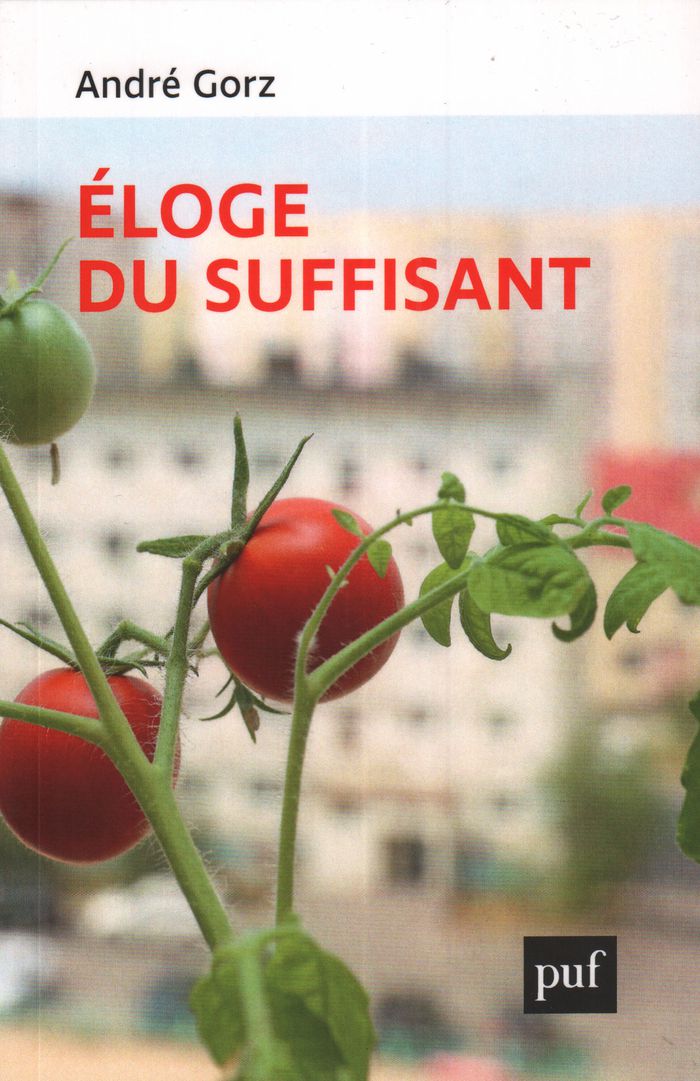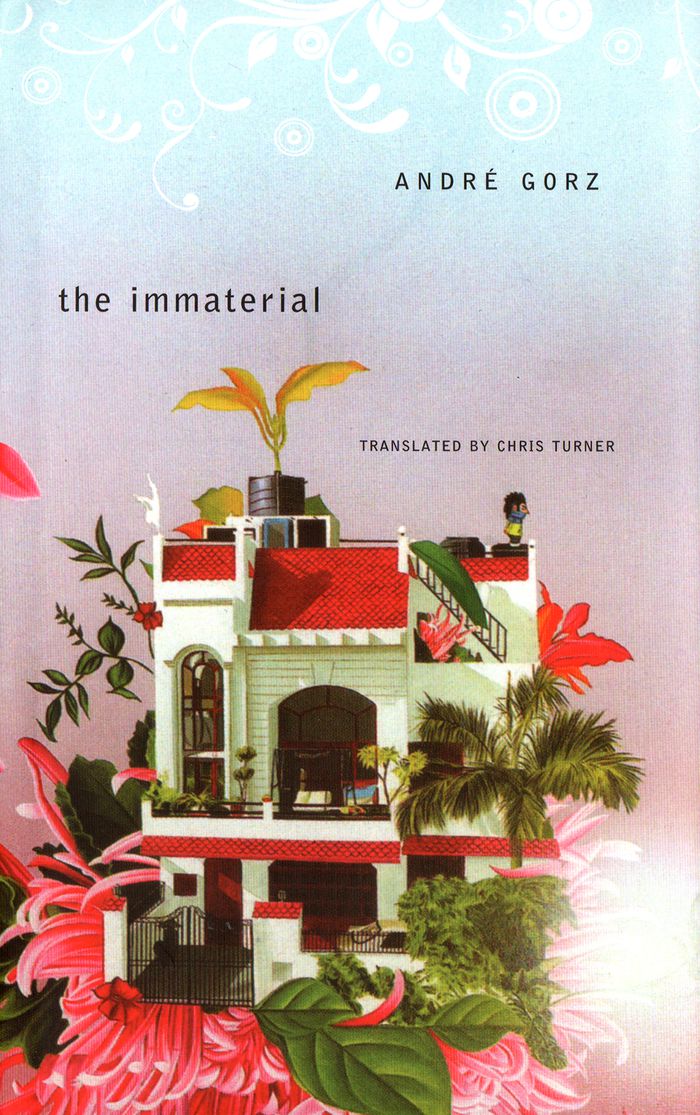Éloge du suffisant
$17.95
(available to order)
Summary:
Pour André Gorz, défense du « monde vécu » et défense du « milieu naturel » sont les deux faces d'une même résistance : la question écologique se pose dans le cadre plus vaste de la domination des « systèmes » (marché capitaliste et administration étatique) sur les hommes au quotidien. Tandis que le capital, à l'accroissement illimité, menace la nature qu'il pille autant(...)
Éloge du suffisant
Actions:
Price:
$17.95
(available to order)
Summary:
Pour André Gorz, défense du « monde vécu » et défense du « milieu naturel » sont les deux faces d'une même résistance : la question écologique se pose dans le cadre plus vaste de la domination des « systèmes » (marché capitaliste et administration étatique) sur les hommes au quotidien. Tandis que le capital, à l'accroissement illimité, menace la nature qu'il pille autant que la société qu'il manipule, l'autogestion qu'il faut souhaiter est une autolimitation, selon le principe de suffisance : une gestion raisonnable et un lissage des richesses atténuent les tensions sociales et préservent les ressources naturelles. Le choix de la décroissance est alors un arbitrage démocratique entre efforts consentis et besoins reconnus, qui assure à la fois moins de charge de travail (redistribué), plus d'autonomie (espaces coopératifs) et de sécurité (revenu garanti), et qui laisse leur temps aux activités qui valent pour elles-mêmes.
Critical Theory
The Immaterial
$23.95
(available to order)
Summary:
In ''The Immaterial'', French social philosopher André Gorz (1923–2007) argues that the economic boom that accelerated in the 1990s and crashed so spectacularly in 2008 was based largely on an immaterial consumption of symbols and ideas, as capitalism tried to overcome the crisis of the formally industrial regime by throwing itself into a new, so-called knowledge economy.(...)
The Immaterial
Actions:
Price:
$23.95
(available to order)
Summary:
In ''The Immaterial'', French social philosopher André Gorz (1923–2007) argues that the economic boom that accelerated in the 1990s and crashed so spectacularly in 2008 was based largely on an immaterial consumption of symbols and ideas, as capitalism tried to overcome the crisis of the formally industrial regime by throwing itself into a new, so-called knowledge economy. In this volume, Gorz argues instead for the creation of a true knowledge economy. This economy would be based on zero-cost exchange and pooled resources, and knowledge would be treated as humanity's common property. Currently, in order to exploit knowledge and turn it into capital, the capitalist enterprise privatizes specialized knowledge and claims ownership through private licenses and copyright. But as Gorz shows, the traditional foundations of such capitalist economics have begun to crumble because of the immaterial nature of this new form of product, which makes it almost impossible to measure in monetary terms.
Art Theory

